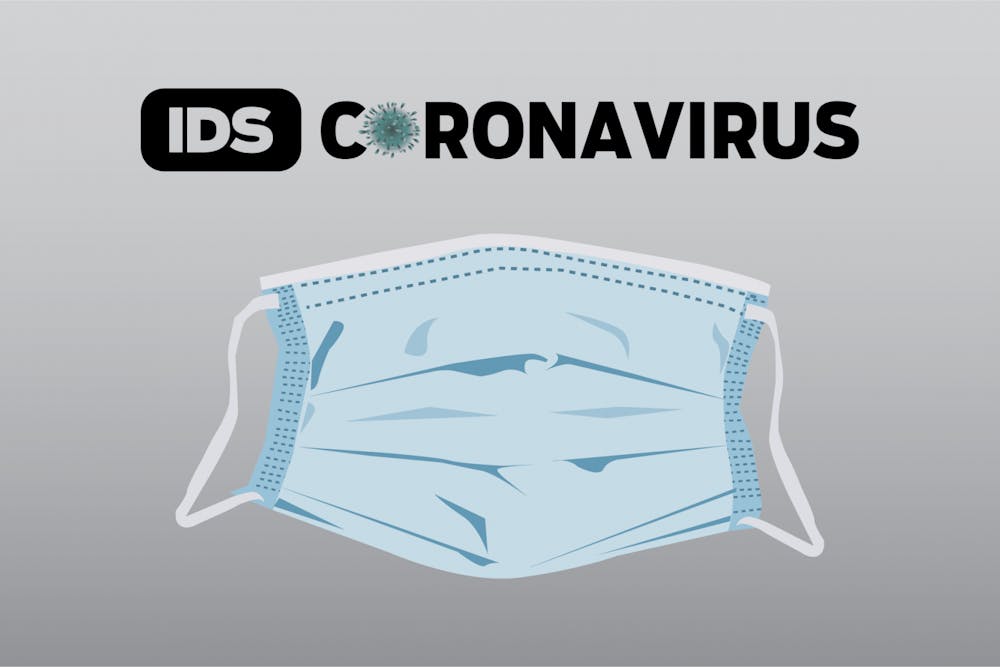IU Chief Health Officer Dr. Aaron Carroll detailed some of the steps the university is taking to combat the Omicron variant on campus during the Jan. 26 “Keeping IU Healthy: Ask Aaron” webinar. While optimistic the spread of the variant would slow soon, Carroll still advised caution.
IU’s contact tracing procedures
IU is reporting a high volume of COVID-19 cases so far this semester. This past week, IU recorded 687 cases among students, staff and faculty. Carroll said IU’s contact tracing facilities are under stress as a result.
“We are still calling lots and lots of people, but some are only getting automated messages at this point especially if they are lower risk,” Carroll said.
Carroll said those who pose a higher risk to others, like students living in residence halls, were more likely to be contacted by phone than other people. However, all those who test positive through IU’s testing labs should still receive an email detailing the appropriate guidelines. Those who do not receive this email should contact IU.
No changes to IU’s current COVID-19 protocols
The university has not yet canceled any major events due to the COVID-19 pandemic this month. Carroll said the university will continue monitoring the situation as the spread of the Omicron variant progresses, but he still strongly recommends events be moved to an online format if needed.
“When will I know more about February? In February,” Carroll said.
Carroll said he expects the spread of the Omicron variant to peak soon if it has not already. However, he was uncertain as to what this meant for the virus’s future and mentioned the possibility of COVID-19 becoming endemic — which the Centers for Disease Control and Prevention define as the “constant presence and/or usual prevalence of a disease or infectious agent in a population within a geographic area.”
KN95 and N95 masks now available
IU began offering free KN95 and N95 masks for students, faculty and staff at the School of Public Health in Gym 171 on Monday.
Carroll said IU decided to provide these higher-quality masks for a variety of reasons but primarily wanted to give everyone access after the university received a reliable supply. In addition, he said the university is aware of the spread of lower-quality counterfeit masks.
“There are counterfeit masks everywhere,” Carroll said. “It’s horrible, but it’s hard to regulate.”




